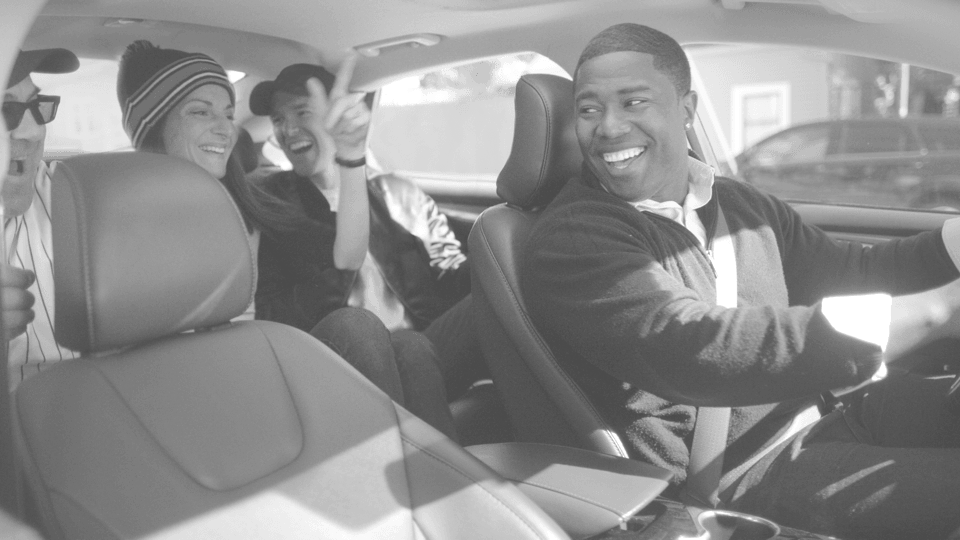It’s been a bad week for Hertz. And it could be just the first of many bad weeks to come.
After reporting a significant decline in revenue and the resale value of its cars, and projecting full-year earnings that were just a fifth of those previously forecast, Hertz’s stock dropped by as much as 52 percent earlier this week. That’s a stunning hit for a Fortune 500 company that dominates its category. And it raises the question: Will Uber be the death of Hertz?
Rideshare services like Uber and Lyft have unarguably disrupted the traditional taxi business. But so far, their effect on the rental-car industry is less clear.
A significant portion of Hertz’s financial problems relate to the falloff in resale value of its fleet. That might seem unrelated to the rideshare phenomenon, but there is in fact a potential link. As more people shift from car ownership to using rideshare services, there is less demand for cars, both new and used. And that’s a factor, albeit of unknown scale, in the decline in value of Hertz’s cars.
The other part of Hertz’s troubles, more directly attributable to the Uber Effect, is the downturn in revenue. In spite of the company’s efforts to increase rates, revenue per day was down 2 percent for the third quarter, according to Bloomberg. And that was just the latest sign of softening demand. Meanwhile, demand for air travel and hotel stays has remained strong, suggesting that Hertz is being affected by one or more extraneous forces. Like Uber and its ilk.
While we’re a long way from being able to quantify the effect, there’s no doubt that Uber usage is displacing car rentals to some extent. Surely you know travelers who have opted to rely on Uber or Lyft rides where they once would have rented from Hertz of Avis. I certainly do. And it’s a trend that’s in its early growth stage.
At least one investor still believes that Hertz has a bright future. Carl Ichan, the company’s largest stockholder with 16 percent of Hertz’s shares, took advantage of the decline in share price to more than double his holdings, to around 34 percent. He’s obviously betting that he’ll be able to sell high after buying low. But in this case, he might find himself selling even lower than he bought.
Reader Reality Check
How have rideshare services affected your use of traditional car rentals?
After 20 years working in the travel industry, and almost that long writing about it, Tim Winship knows a thing or two about travel. Follow him on Twitter @twinship.
This article first appeared on SmarterTravel.com, where Tim is Editor-at-Large.


I don’t think it’s Uber that’s killing them. My belief is that they are always the most expensive amongst any other rental car companies. Just looked on Expedia, it is either Hertz or Avis at the top two spots as the most expensive. People look for value and probably avoiding Hertz for that reason.
The story about vehicle depreciation is a red herring. Avis had no such issue a few days ago.
Hertz is being affected by providing old, beat up cars, horrible customer service and ridiculous rates. They have abandoned their core customer and they are leaving in droves. I am one of them. Hertz stinks. I’d rather rent from Enterprise (and do).
Car rental and rideshare don’t even compare. One is a short term taxi service to take you from point A to point B. The other gives you a car to do whatever you want.
I dare you get a rideshare in Vegas to get out to the Red Rocks Canyon scenic drive, stopping at viewpoints to eat lunch with scenery. I just did that with a rental..